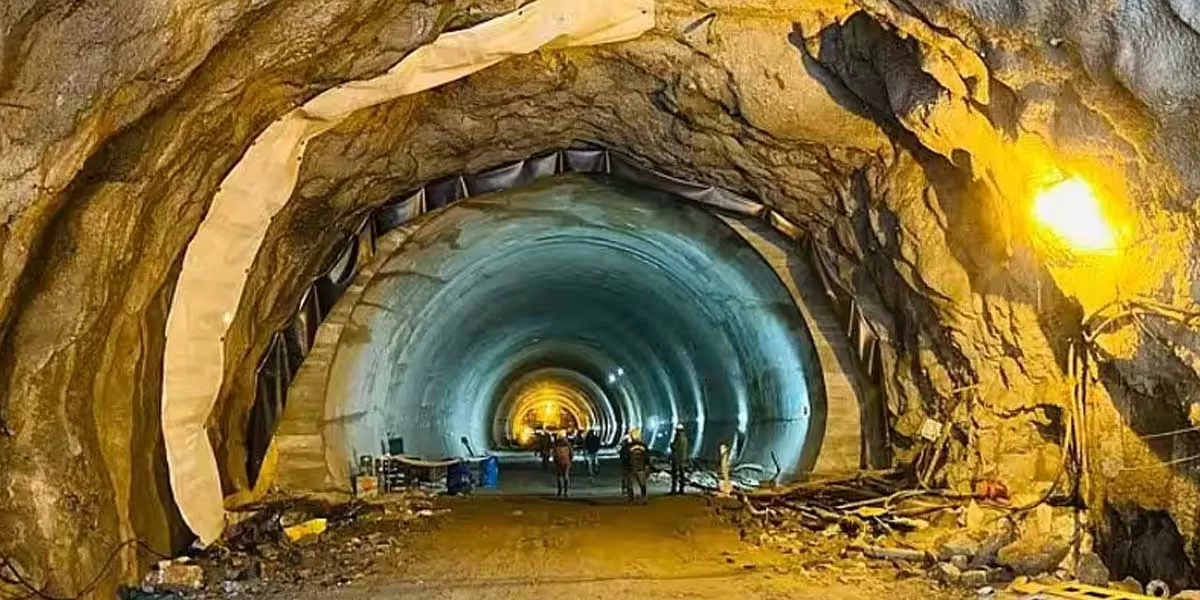The rehabilitation work was carried out under the Engineering, Procurement, and Construction mode at a cost of Rs 6,250 million, funded by the Ministry of Road Transport & Highways. The project was completed in approximately one year by BRO’s Project Beacon and included both civil and electro-mechanical upgrades. Features of the renovation reportedly included 76 high-definition CCTV cameras, smoke and fire sensors, SCADA systems, and a centralised monitoring room for real-time supervision.
The Jawahar Tunnel was noted for its historical significance as a critical passage through the Pir Panjal range, connecting the Kashmir Valley and Leh with the rest of India. It also serves as an alternative route to NH-44. Vehicles restricted from crossing the recently constructed Qazigund-Banihal Tunnel, such as oil tankers and vehicles carrying explosives or gasoline, were said to continue using the Jawahar Tunnel.


